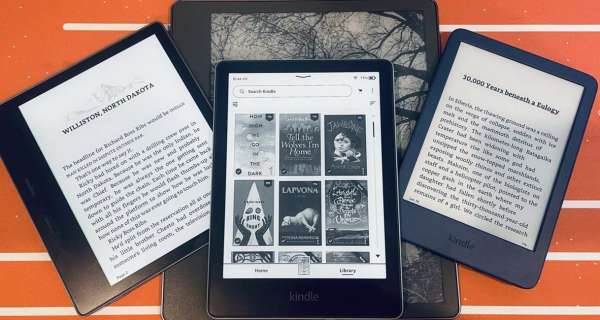Ta Hoa achieved a 9.0 IELTS score by listening for 10-30 minutes daily, talking to herself in English, and building knowledge on various topics. Ta Hoa, 29, a freelancer English teacher in Hanoi, scored 9.0 overall on her fourth IELTS attempt on July 31.
Hoa took the test multiple times to assess her abilities. In April, she scored 8.5. For July, she aimed to maintain 8.5 overall but improve her Writing from 8 to 8.5. While her Writing score remained unchanged, her Speaking exceeded expectations.
"I was surprised by my 9 in Speaking as pronunciation is my weak point. During practice, I focused on logic and fluency," said the Master's graduate in language teaching from the University of Canberra, Australia.
Hoa found 2-3 True/False/Not Given questions in Reading most challenging. In Listening, she was unsure about one answer but managed well due to her teaching experience. She views this result as the outcome of years of learning and practice.

She shares her tips for the three skills where she scored perfectly:
Listen 10-30 minutes daily Hoa, a former student of Thai Binh High School for Gifted, struggled with Listening throughout high school due to limited access to resources. During her first two years at Foreign Trade University, she focused on improving her listening skills through English TV shows and movies. This helped her develop reflexes and get used to native speakers' natural intonation and fast speech.
"That's when my Listening improved the most," says 29-year-old Hoa. After building a solid foundation, Hoa maintained a habit of listening for 10 minutes every morning, with additional practice when possible. For instance, while doing skincare, she plays 1-3 minutes videos on YouTube or TED-Ed about education, listening multiple times.
"It's best to consistently listen for 10-30 minutes daily on any topic you're interested in. Regular short sessions are more effective than longer, irregular ones," Hoa concludes.
Reading Skills
Hoa believes vocabulary and grammar are most important for reading. With a strong foundation in these areas, test-takers can easily score a 8. To achieve higher scores, candidates need advanced reading comprehension and broad background knowledge across various fields. Hoa notes many students simply translate words without grasping the author's underlying message or intent. This stems from a lack of background knowledge. She recommends synthesizing information daily by reviewing lessons, summarizing content, and noting key details. For example, when reading about biofuels, Hoa remembers they come from plants and animals. Benefits include environmental protection and reduced dependence on fossil fuels. "It's better to review and deepen understanding rather than rely on test-taking tricks," she advises.
Self-Study for Speaking
Hoa incorporates many daily activities to improve her speaking skills. She takes practice tests and records herself using scoring software. By examining component scores, she identifies weak areas to work on. Additionally, she often talks to herself. For instance, while grading papers, if an idea about a topic comes to mind, Hoa will speak about it. When unsure of correct word usage, she pauses to look it up before continuing. With short videos watched each morning, after listening 3-4 times to remember the content, she restates it in her own words. As a result, Hoa consistently score 9 in the lexical criterion of the IELTS Speaking test.
"Speak spontaneously to practice fluency, without worrying about mistakes at first. Self-talk and self-correction are crucial," Hoa suggests.
Compared to the above three skills, Hoa's writing ability is not as strong. She recognizes this is because she hasn't practiced writing as a daily activity. To stabilize and improve her writing score, Hoa believes she needs to read more, reseach information for ideas, and practice writing repeatedly. In the coming months, she plans to dedicate more time to writing practice and retake the test in November.
Source: Adapted from an article about "Học tiếng Anh" posted on vnexpress.net. https://vnexpress.net/bi-quyet-on-luyen-cua-co-gai-dat-9-0-ielts-4806797.html
Vocabulary
reflexes : something that you do without thinking, as a reaction to a situation.
intonation : the way in which the level of your voice changes in order to add meaning to what you are saying
stems from sth: to develop as a result of something else
synthesizing : to make something by combining different things
biofuel: a fuel that is made from living things or their waste
fossil fuels: fuels, such as gas, coal, and oil, that were formed underground from plant and animal remains millions of years ago
restates: to say something again in a different way, so that it is clearer or more strongly expressed





















0 Комментарии